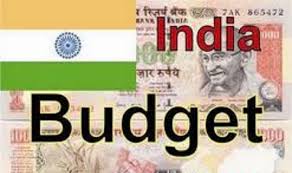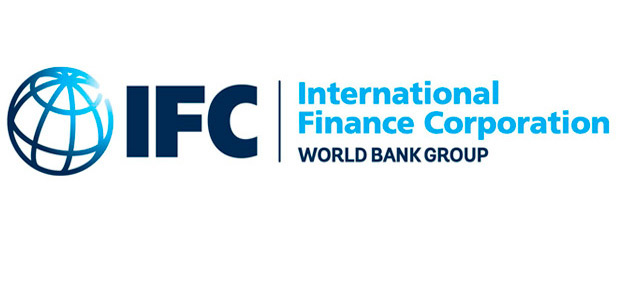
Budget impact on real estate sector
The Union Budget for 2016-17 has overall been a good…

The Union Budget for 2016-17 has overall been a good…

The real estate sector’s expectations of exemption for Real Estate…

Industry players’ have given mixed reaction on the Union Budget…

Finance Ministry officials maintain that budget wish list of developers…

IFC, a member of the World Bank Group, is convening a voluntary, collaborative effort with leading Indian housing sector companies to form an industry-led Sustainable Housing Leadership Consortium to drive sustainability in India’s housing market with a particular focus on the affordable housing sector.

There had suddenly been a deafening silence when the RBI Governor Dr Raghuram Rajan recently asked the real estate developers to reduce the home prices. However, the economist in Rajan was not making a faux pass. He could rather see a supply side of bubble in the making. Therefore, he came harsh on the sector.

At about US$151 per sq. ft. per annum, Delhi’s Central Business District (CBD) of Connaught Place was ranked as the sixth most expensive prime office market in the world, according to CBRE Research’s semi-annual Global Prime Office Occupancy Costs survey.

Today, the world sees India as a land of opportunity for business and investment. RBI head Raghuram Rajan said in mid-September that while fellow BRICs have deep problems, India appears to be an island of relative calm in an ocean of turmoil.

A few may have succeeded but most of the developers have failed to position themselves right during the slowdown. In the process Track2Realty finds that the brand realty has taken a severe beating, losing the trust of both the end-users and the investors. The brand positioning that differentiates between the two different realty companies is today negligible with developers’ focus to sell. That, unfortunately, is not working for them and commanding premium over the brand reputation today is a far cry. Our team speaks to a cross section of developers, analysts and brand experts who may differ with each other but nearly all agree that sector has to come out of the Catch 22 situation.

“How long can a sector survive which is borrowing at 48 per cent from private lenders to serve the interest of previous debt raised at much lower rate,” asks a banker. His concern is not without valid reasons. Developers experimented with all funding options but still many of them are now being forced to seek other sources of funding which not only comes at a significantly higher cost but also where the source of fund is unregulated.
